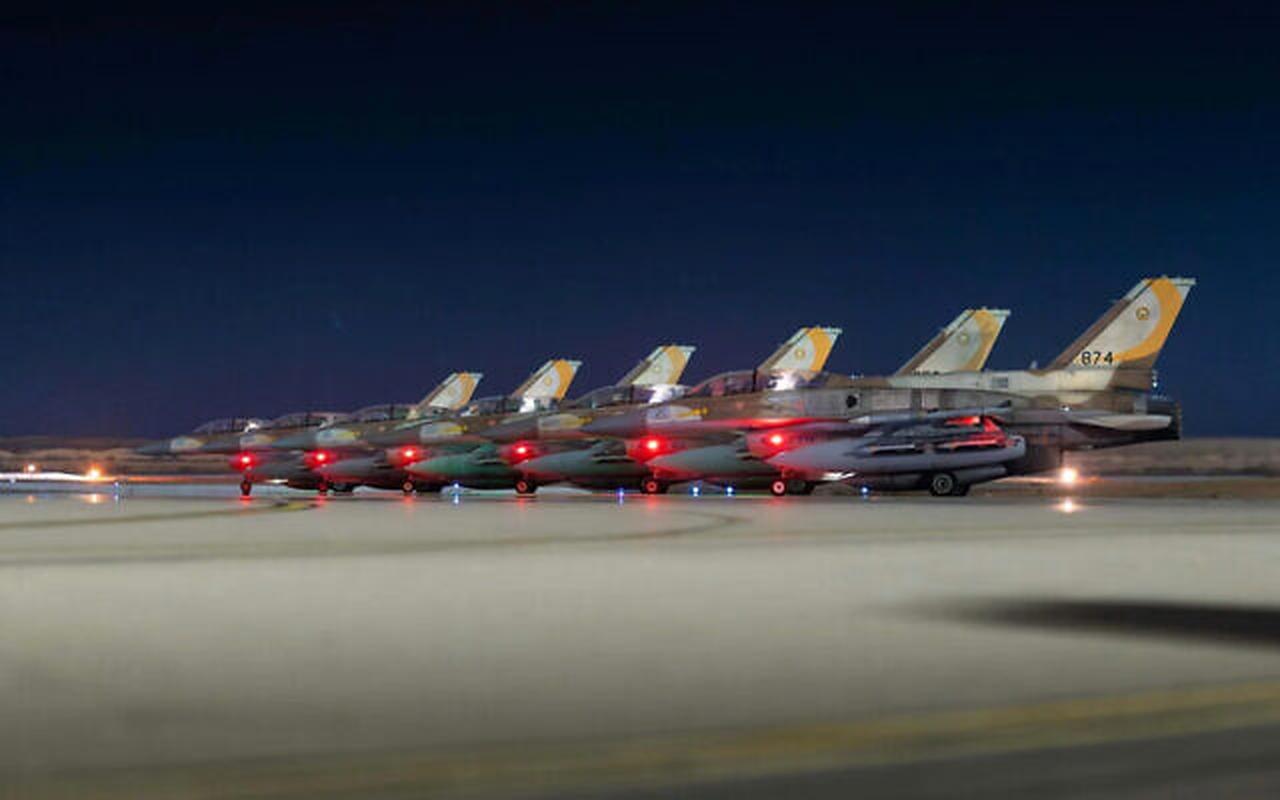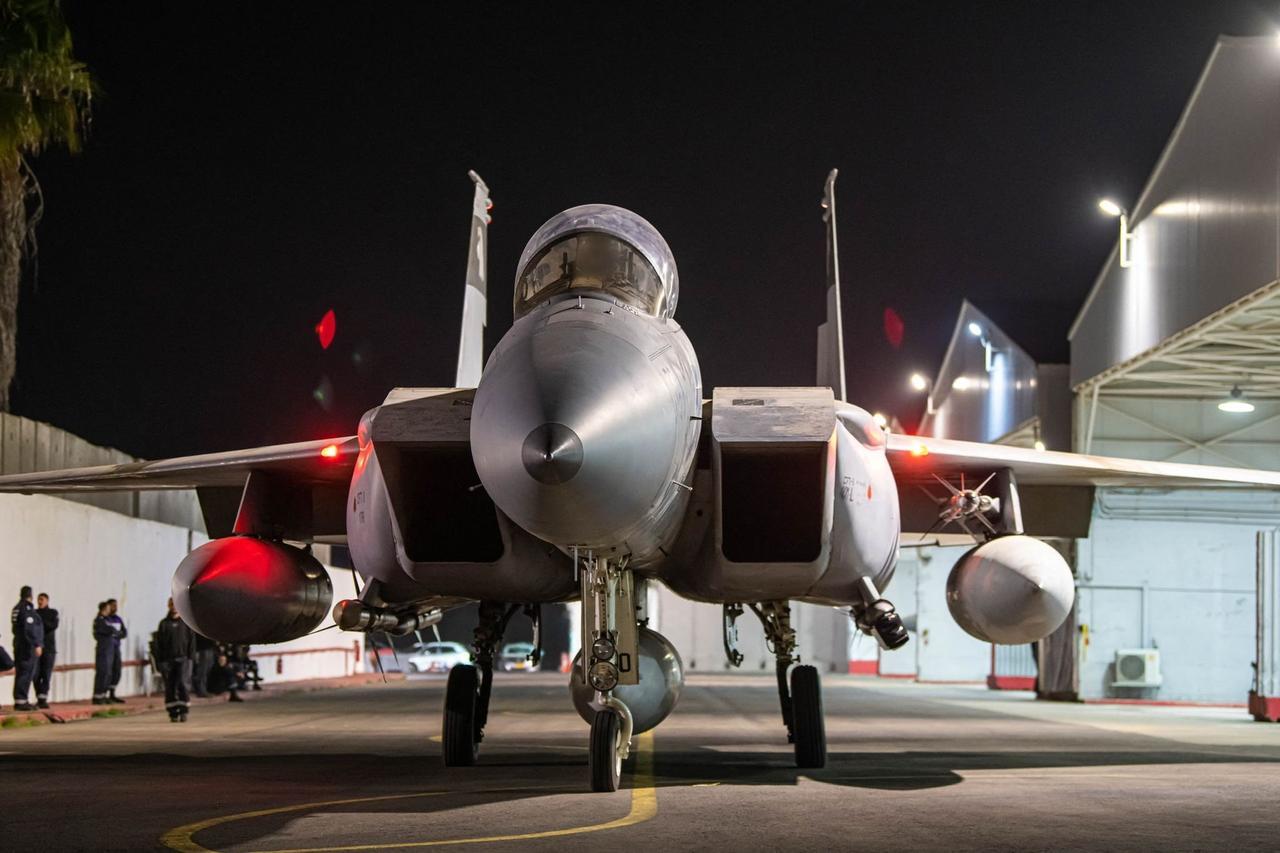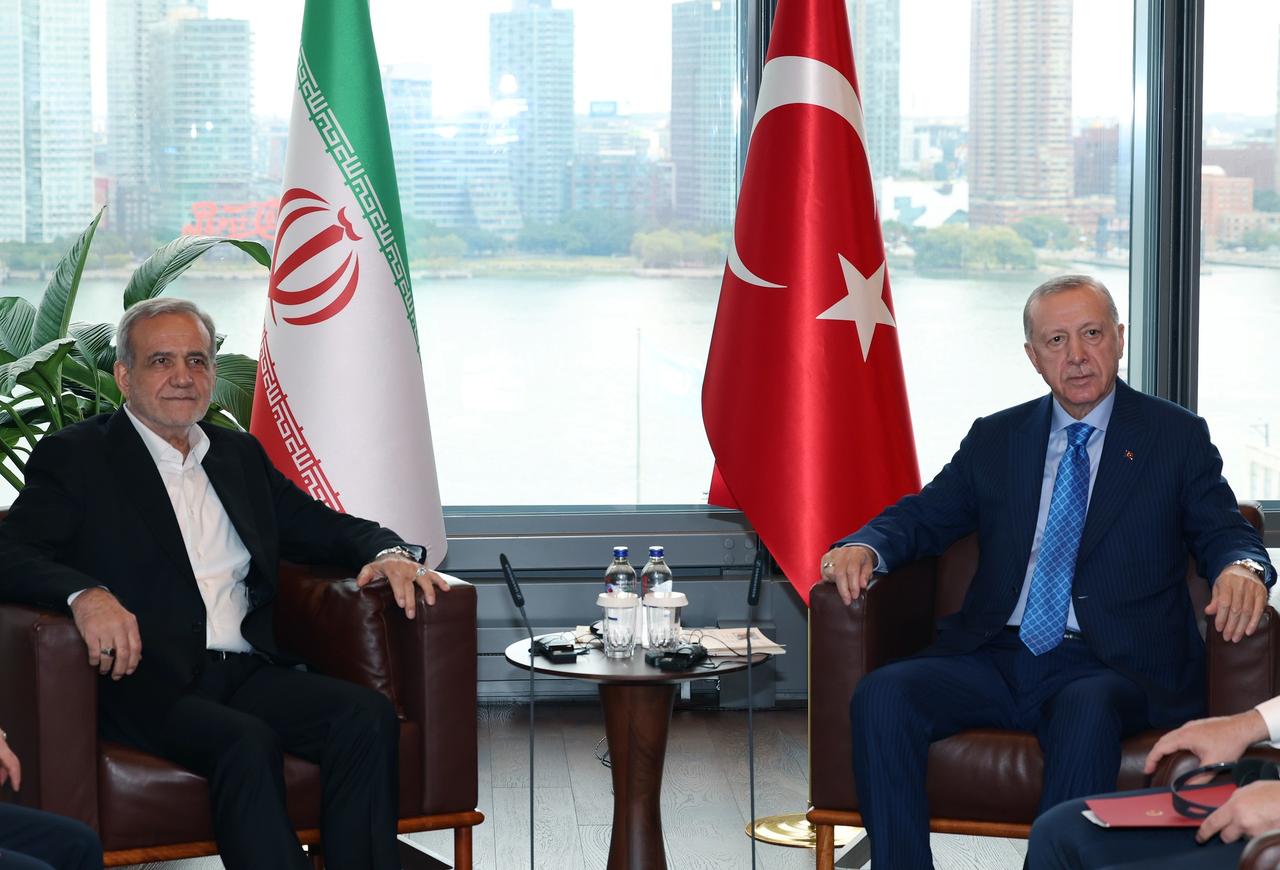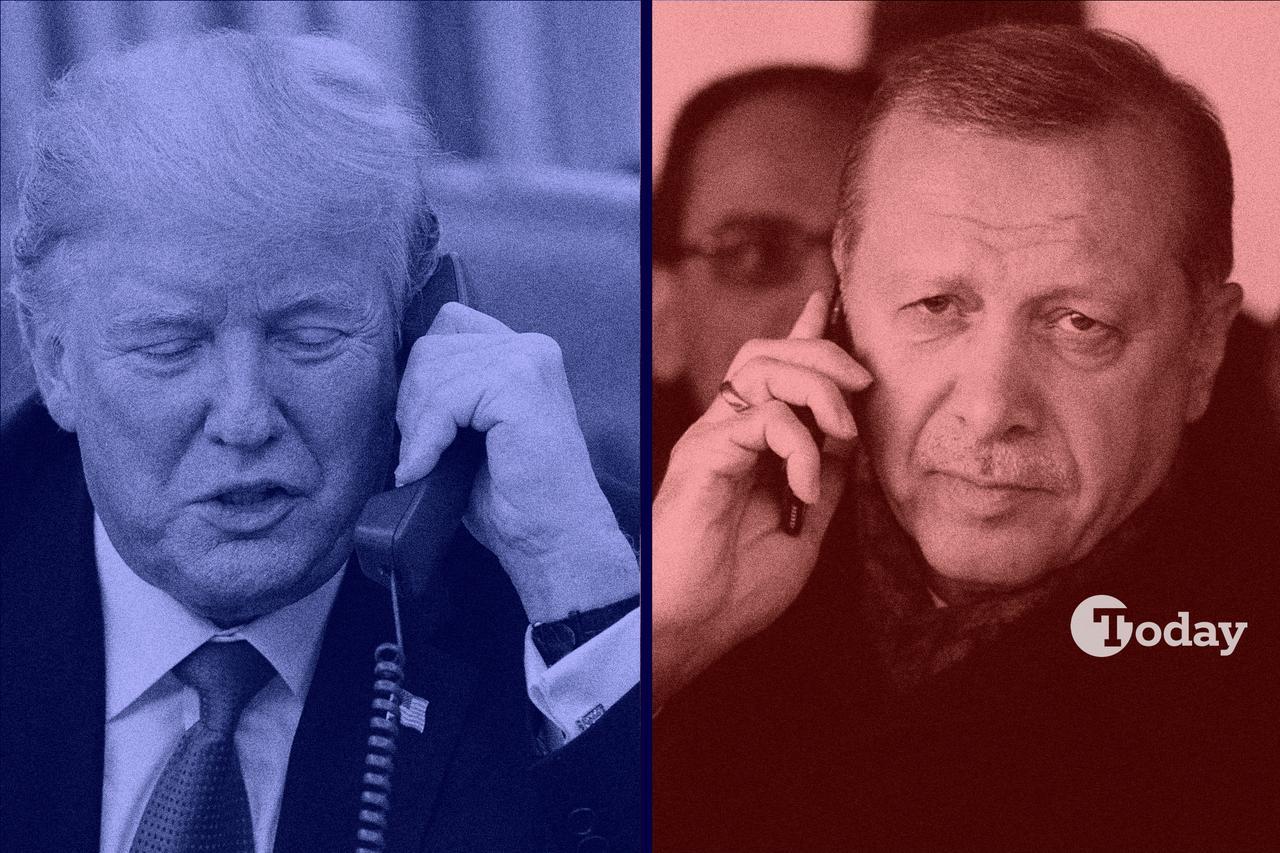
Turkish columnist Hande Firat in Hurriyet daily revealed that Israeli fighter jets briefly violated Turkish airspace, prompting Türkiye's response. While this was not considered intentional, the Turkish Armed Forces responded immediately by scrambling F-16 fighter jets. The Israeli aircraft were warned via radio and promptly exited the area.
According to Firat, Türkiye, as a NATO member, learned about the Israeli operation in advance through intelligence gathered from the Kurecik radar base, which shares data exclusively with NATO allies, as well as through its intelligence channels. Movements preceding the attack were tracked in real time, allowing Turkish authorities to implement security precautions swiftly.
Throughout the night of the strike, Foreign Minister Hakan Fidan remained in close contact with his American counterpart, engaging in multiple phone calls to monitor and assess developments.

Firat revealed that some Israeli jets involved in the operation briefly violated Türkiye’s airspace.
As a precaution, early warning aircraft continue to patrol Turkish skies, while F-16s remain on high alert. Turkish military units stationed in various regional countries were also placed on standby.
Firat noted that Israeli forces used Syrian and Iraqi airspace for the attack. Syria has no effective air defense system, and Israeli aircraft reportedly operate there without requesting clearance. Iraq’s airspace is under U.S. control, and the U.S. permitted Israel to access it.

Firat also reported that President Recep Tayyip Erdogan is seeking to re-establish nuclear negotiations between the U.S. and Iran. His proposal includes hosting both parties in Istanbul. He raised this idea directly with U.S. President Donald Trump and Iranian President Masoud Pezeshkian.
Trump is said to have responded positively, stating his aircraft was ready and he would be willing to attend.

Ankara’s proposal envisions a negotiation table with just the U.S. and Iran. While Iran has not openly acknowledged its vulnerable position—especially following damage to its air defense infrastructure—Turkish officials believe Tehran is seeking an honorable path forward.
However, merely announcing a return to talks is unlikely to satisfy Washington. The U.S. is expected to demand concrete commitments from Iran regarding the status of its nuclear facilities.
Despite Trump’s initial enthusiasm, Ankara remains cautious due to the unpredictable nature of his foreign policy and the presence of influential pro-Israel factions in Washington.